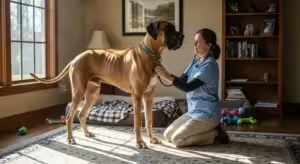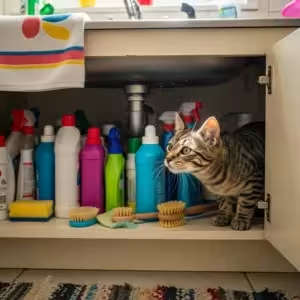
Conclusion: Celebrating Every Dog’s Unique Genius
The myth of the “dumb” dog breed says far more about our limited human perspective than it does about the dogs themselves. We have spent centuries selectively breeding dogs for an incredible diversity of tasks, creating highly specialized geniuses in the process. The Basset Hound is a master of scent, the Greyhound a master of speed, and the Great Pyrenees a master of guardianship. To label them as “unintelligent” simply because their skills do not align with the narrow metrics of a modern obedience ring is to miss the very essence of what makes them extraordinary.
By shifting our question from “Is my dog smart?” to “How is my dog smart?”, we open the door to a deeper, more respectful, and far more rewarding relationship. Understanding your dog’s history and original purpose allows you to appreciate their unique behaviors, anticipate their needs, and communicate with them in a language they understand. An independent thinker is not a flawed companion; it is a partner that challenges you to be a more creative, patient, and observant trainer.
Your Next Steps for a Better Partnership:
This Week: Become a student of your own dog. Spend 15 minutes each day simply observing them without giving commands. What captures their attention? What do they love to do most? Is it sniffing every blade of grass, chasing a fluttering leaf, or solving how to get the last bit of food out of a toy? Based on your observation, try one new enrichment activity that caters to that specific joy. If they love to sniff, build a simple “scent garden” in a cardboard box with safe items like leaves, dirt, and a few hidden treats.
At Your Next Vet Visit: Have an open conversation with your veterinarian or veterinary technician. Ask them to show you how to assess your dog’s Body Condition Score and discuss a target weight. Talk about any behaviors you find challenging and ask if they could be linked to a medical issue. Inquire about breed-specific health screenings that might be recommended. If you’re struggling with training, ask them for a referral to a certified professional dog trainer or veterinary behaviorist who uses positive, humane methods.
Disclaimer: The information provided in this article is for educational purposes only and is not a substitute for professional veterinary advice, diagnosis, or treatment. Always seek the guidance of your veterinarian with any questions you may have regarding your pet’s health. If you are experiencing a pet emergency, contact your local veterinarian or an emergency animal clinic immediately.















